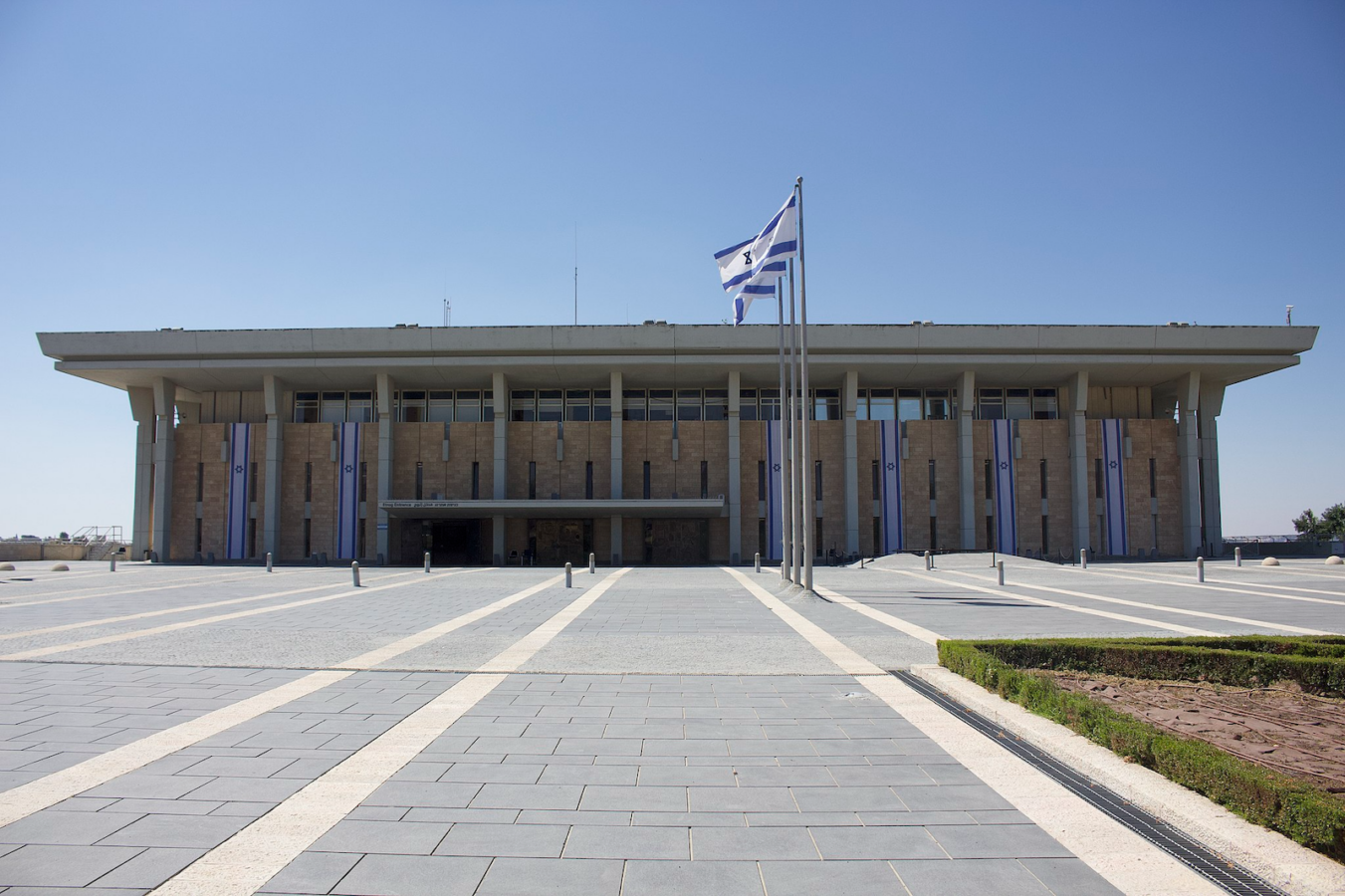Question: Why does the Israeli Knesset have 120 members?
Answer: The Israeli parliament is called the Knesset, which means “assembly” in Hebrew. This name recalls the Anshe Knesset HeGedolah, or the Men of the Great Assembly, who convened in Jerusalem during the Second Temple period, to consider and enforce Jewish law, finalize the canonization of the Bible, and institute basic blessings and prayers.
Jewish tradition considers these men the final link in the chain of Jewish lawgiving that began with Moses. “Moses received the Torah from Sinai and transmitted it to Joshua. Joshua transmitted it to the Elders, the Elders to the Prophets, and the Prophets transmitted it to the Men of the Great Assembly.” (Pirkei Avot, 1:1)
There were 120 members of the Anshe Knesset HeGedolah and the founders of the modern State of Israel were inspired by this ancient governmental body–a group that had also sprung up to lead Jews who had just returned to the Land of Israel. They chose to call the Israeli government the Knesset, and to give it 120 members, just like the original Assembly.
Of course, there are differences between the two groups. The members of the original Assembly were prophets and elders, all of them men. Today in Israel, seats in the Knesset are decided by an electoral system in which various political parties win a number of seats depending on how many votes they receive in a national election. Both men and women are elected and hold office, and the majority are secular Israelis.
With your help, My Jewish Learning can provide endless opportunities for learning, connection and discovery.
Because Israel is so small, the country has only one electoral district. The resulting rigid system of proportional representation is unusual for a contemporary government. It allows for a high number of political parties, which empowers smaller communities to elect officials who best represent them. This was originally designed to cater to the wide variety of ethnic backgrounds that converged in Israel when the state was declared, though it has not necessarily always protected minorities in Israel from mistreatment.
Knesset
Pronounced: k'NESS-et, Origin: Hebrew, Israel's parliament, comprising 120 seats.
Torah
Pronunced: TORE-uh, Origin: Hebrew, the Five Books of Moses.



